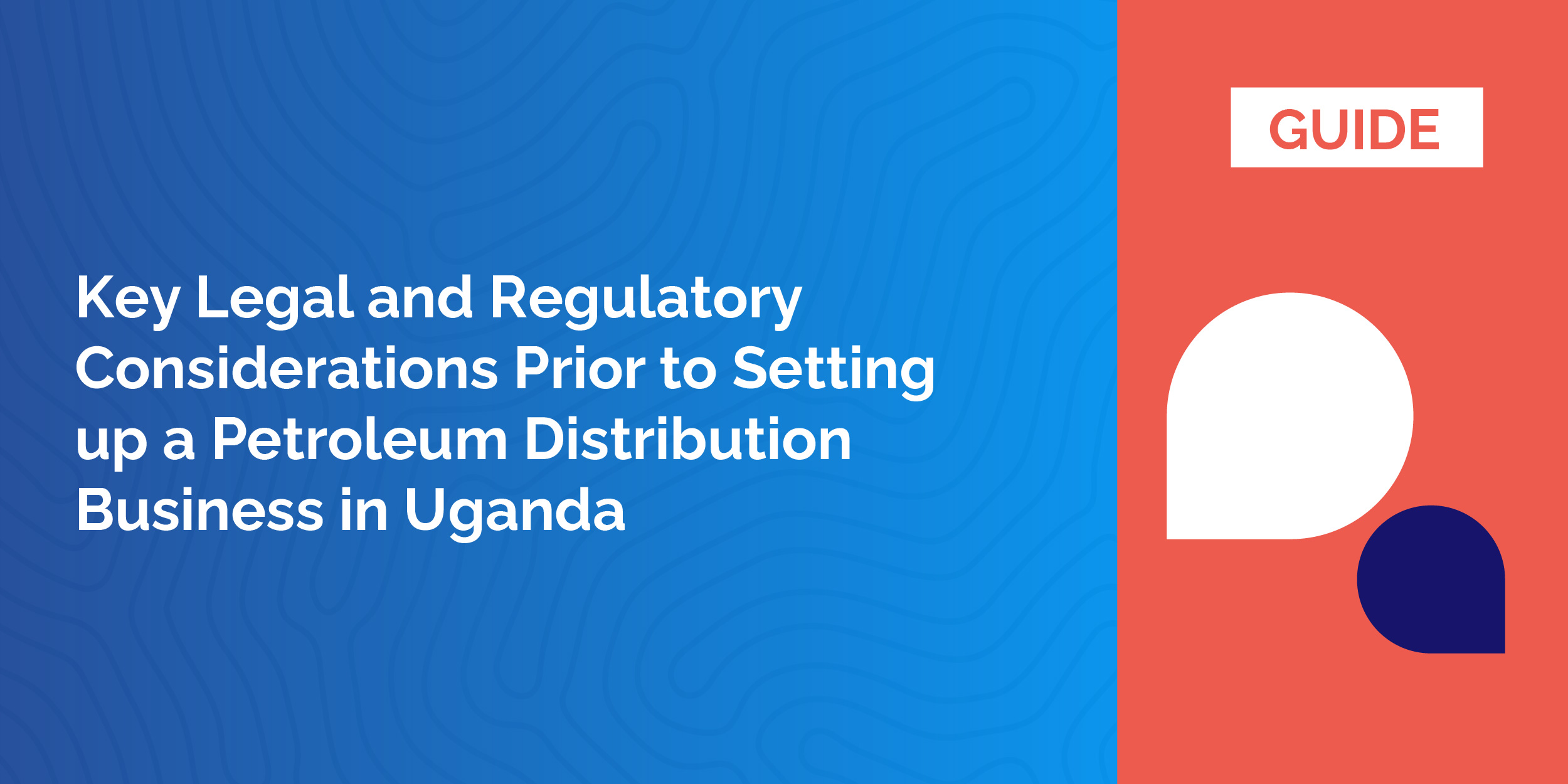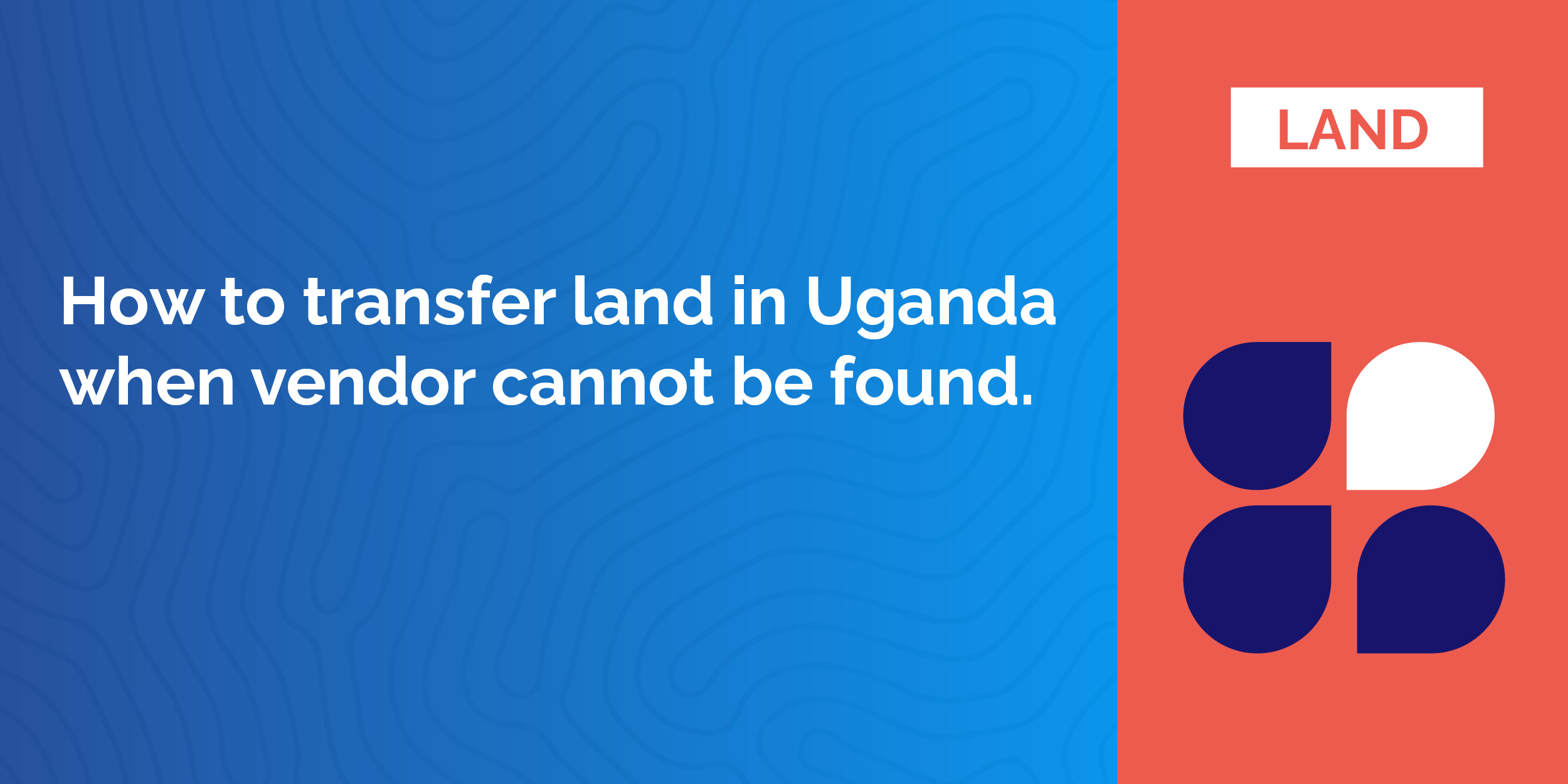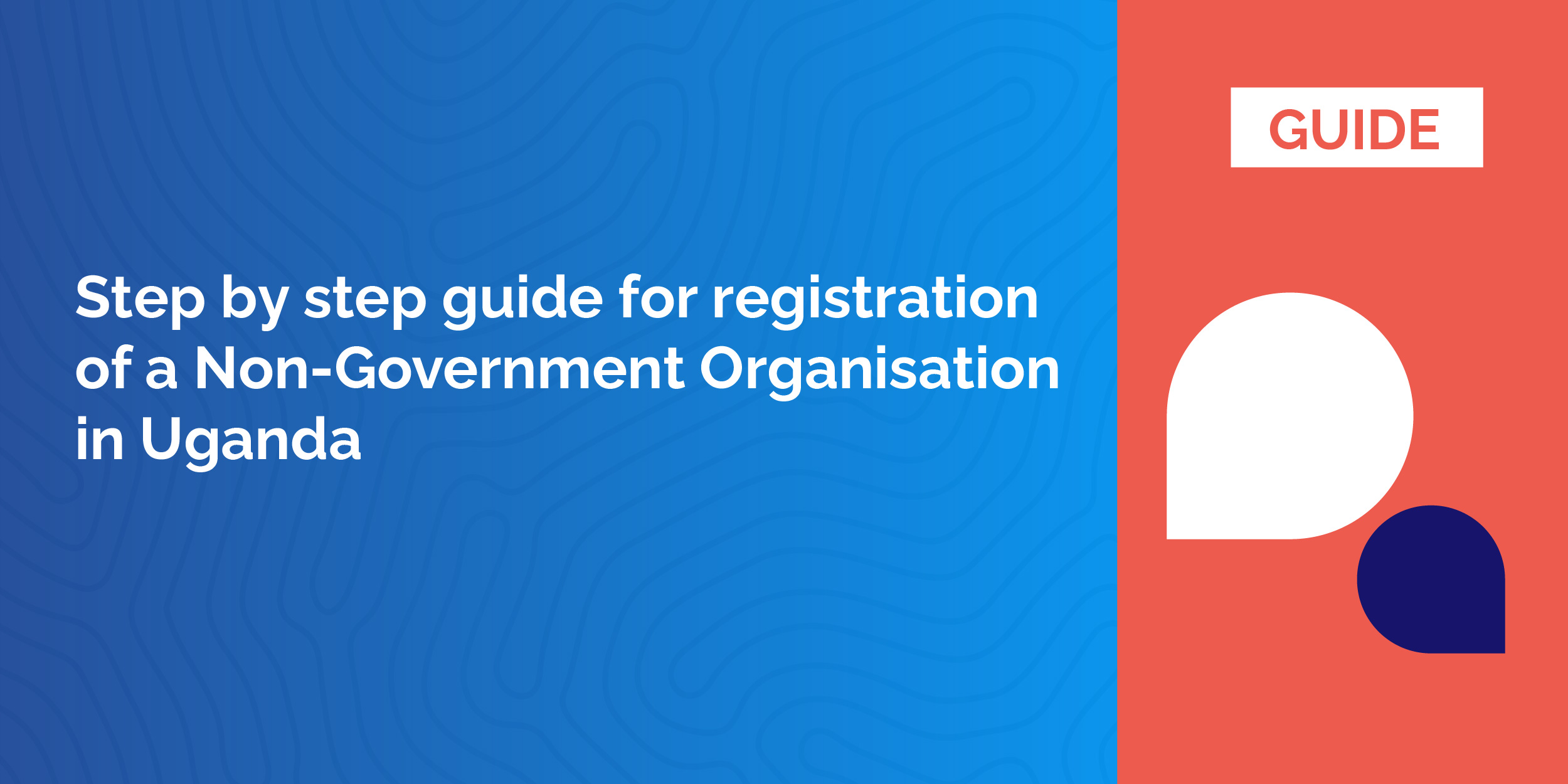1.0 Introduction
The idea of starting a business in a specialised sector such as Petroleum distribution in Uganda may be very exciting but equally daunting especially if one does not take an early assessment of regulatory, Compliance, Legal and business considerations. By end of 2021, Uganda was said to have over 1047 licenced Fuel stations. In 2020, economic effects of Covid 19 notwithstanding, the Ministry of Energy indicated that Uganda imported 992.2 Million litres of Diesel to serve the diverse growing needs. Figures continue to indicate that Uganda’s Petroleum market is expected to grow at a Compound Annual Growth Rate (CAGR) of more than 3% propelled by an increase in the transportation services. Generally, Uganda’s Petroleum industry is one of the sectors with a high forecast for growth.
In Uganda, the business of trading in petroleum products is primarily regulated by the Petroleum Supply Act, 2003. The other auxiliary legislations which guide this sector at different levels of its formation include among others; The Building Control Act 2013, Physical Planning Act 2010, National Environment Act 2013, Companies Act 2012, Employment Act 2006, Occupational safety and Health Act 2006, The NSSF Act Cap 222, The Investment Code Act 2019, Value Added Tax Act and The Income Tax Act. It is pertinent that a business that seeks sustainable growth and development ensures compliance with its legal and regulatory framework by formulating an enterprise Compliance Risk Mitigation Plan (CRMP)
This article highlights key legal and regulatory requirements relating to business entity set-up, Construction and commencement of operations in the Petroleum distribution sector in Uganda.
2.0 Regulatory requirements relating to business set-up
2.1 Choice of business set up
Investment vehicles in Uganda take on various forms including among others Sole proprietorships, single member companies, private limited liability companies, joint ventures, trusts and partnerships. The type of business vehicle selected has a direct bearing on the opportunities and burdens that accrue to the entity during operations. It also determines the level of insulation of owners from liabilities and obligations of the business. The most prudent vehicle for investment in the Petroleum sector is the private limited liability company due to several advantages among others; opportunity for growth, ease of access to Financing as well as business Control possibilities.
The process for incorporating a company in Uganda and continued compliance is governed by the Companies Act 2012. The said process should be completed within a few days of submission of the requisite company documentation to the Companies Registry.
For a foreign investor who may not wish to incorporate a new Company, options for registering a foreign company or purchase of shares in an existing local company are possible. An investor who desires to take a share purchase option would identify and negotiate a shares purchase deal with a local company and will be able to also commence the investment Journey in Uganda. Local lawyers understand how such shares transactions are legally structured and the attendant stamp duty requirements in order to give attendant legal rights to the purchaser as well as protect the original owners.
2.2 Continuing Filling obligations
Under the Companies Act 2012, a company is required to file annual returns with the Company registry. Section 132 requires a company incorporated or registered under the laws of Uganda and has a share capital to, at least once in every year, file an annual return in accordance with the Fourth Schedule of the Act. For a company without a share capital, section 133 of the Act requires it to file annual returns with the Registrar of Companies at least once in every calendar year.
Section 134 of the Act requires annual returns to be completed within forty-two (42) days after the annual general meeting (AGM) of the year. A company that fails to do so within the stipulated time is liable to a default monetary fine.
3.0 Regulatory requirements at Site Construction stage
3.1 Building Permit acquisition
The Building Control Act 2013 requires that a person shall not carry out a building operation unless he or she has a valid building permit issued by the Building Committee. The Act makes noncompliance to this requirement an offence punishable by a fine or imprisonment.
As such, before commencing the construction of fuelling/depot station, the developer must secure a valid building permit irrespective of where the station is located because the Physical Planning Act, 2010 declares the entire Country a planning area.
To acquire a permit, a developer is required to apply to the District Physical Planning Committee which may deny the same if the building operation may cause a change in land use, result in degradation of the environment, may be dangerous to life or become a nuisance to occupiers of neighbouring properties.
3.2 Petroleum Construction permit acquisition
Relatedly, the Petroleum Supply Act also requires that no person shall carry out a construction or a major modification of a supply chain facility without having obtained a Petroleum Construction permit.
Accordingly, a developer at this stage should obtain two licences one being the general one under the Building Control Act and the other being the specialised one under the Petroleum Act.
4.0 Regulatory requirements at commencement of operations
4.1 Environment Impact Statement
Within twenty-eight days after receipt of the Environment project brief, the commissioner as the lead agency shall decide in consultation with NEMA and notify the Applicant for the environment Impact statement. It is a requirement under the Petroleum Supply (General) Regulations 2009 that the environment impact statement shall be approved by the National Environment Management Authority in Consultation with the Commissioner.
4.2 Petroleum Operating Licence
It is a requirement under the Petroleum Supply Act, 2003 that no person shall perform petroleum supply operations without having obtained a petroleum operating Licence. This said licence is not-transferable and is valid for a period not exceeding 25 years. The Licence may be suspended by the Commissioner where there is a contravention of any provisions of the Act, enactment concerning protection of Occupational health, public safety and environment.
The Act makes breach of the licence conditions an offence prosecutable against a director, manager, Secretary or similar officer or agent of the principal.
The Act further envisages specific secondary licences depending on the scope of activities the business chooses to engage into. These are secured upon payment of specific licence fees contained in the relevant Regulations. These include;
- Importation Licence
- Exportation Licence
- Pipeline transportation Licence
- Storage Licence
- Whole sale distribution Licence
- Retail sales Licence
4.3 Processing of Certificate of Tax Registration
Under the Tax Procedures Code Act 2014, every person liable to pay tax in Uganda is required to apply to Uganda Revenue Authority (“URA”) for registration. After successful registration, the person is issued a certificate of tax registration. As such, an investor weather local or foreign looking to conduct business in Uganda would be liable to pay tax in Uganda and would have an obligation to apply to URA for a certificate of tax registration. The major taxes an investor in the Petroleum business would have to register for include; income tax, value added tax, import and export duty (if not exempted), WHT, PAYE and LST. The business would also be required to process tax registration for its directors or partners as the case may be.
4.4 Processing of an Investment License
Under the Investment Code Act, every foreign investor is required to obtain an investment license from the Uganda Investment Authority (“UIA”) before commencing business in Uganda. A foreign investor is defined to mean a person who is not a citizen of Uganda or a company in which a person who is not a citizen of Uganda holds more than 50% (fifty percent) of the shares.
5.0 Conclusion
Whilst the regulatory processes appear lengthy, it is quite seamless especially if the entity has the requisite paperwork in order. Uganda has over the years put across policy attempts to improve the ease of doing business index.
The World bank monitors and releases an annual report on the ease of doing business by way of assessing ten entry areas. These areas are; starting a business, dealing with construction permits, getting electricity, registering property, getting credit, protecting minority investors, paying taxes, trading across borders, enforcing contracts and resolving insolvency. These aspects are included in the World Bank ease of doing business score and ease of doing business ranking. Uganda’s position has been fluctuating but policy efforts are visible including Amendments to the Investment Act, 2019 which resulted into creation of single access points for information and service transactions for investors.





